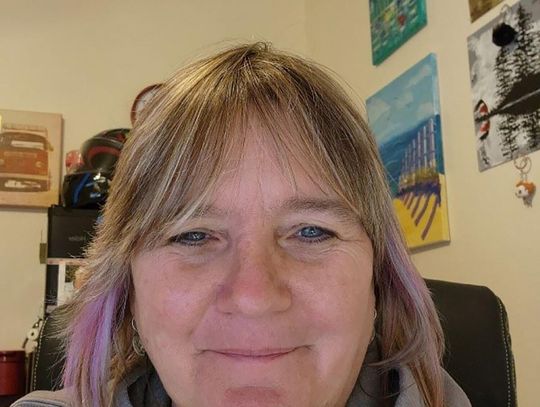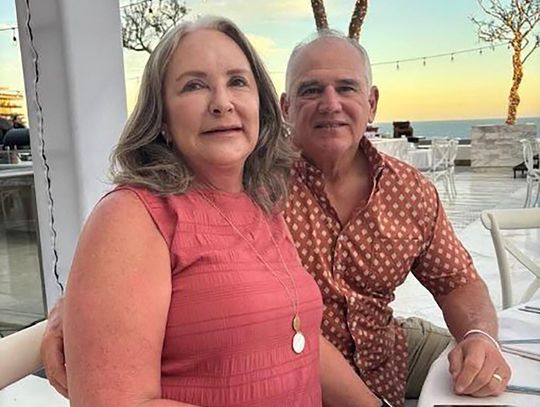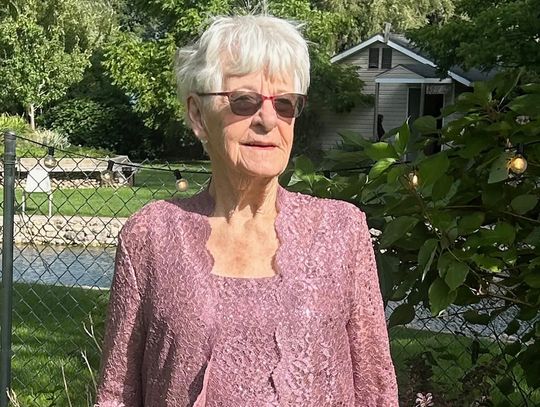Tis the season to be jolly? Or is it? For some, it’s not just a matter of hating the time change in November or feeling the holidays coming on and not being prepared. Seasonal Affective Disorder, or SAD, is a type of depression that happens at certain times of the year. Most often it will happen in the fall or winter. It’s thought that shorter days, longer nights, and less sunlight overall may trigger a chemical change in the brain leading to symptoms of depression. SAD usually starts in adulthood as the risk of SAD increases with age. People under 20 show symptoms of SAD and women are rarely affected more than men. Research shows that melatonin, a sleep-related hormone, has been linked to SAD as the body naturally makes more melatonin when it’s dark.
There are two types of SAD. One is a fall-onset, also called “winter depression,” with symptoms of depression beginning in the late fall to early winter months. Fall onset eases during the summer months. There is also a spring onset also called “summer depression,” with symptoms of depression beginning in late spring to early summer. Spring-onset SAD is much less common.
The symptoms of SAD are very much the same as Major Depressive Disorder with the exception that symptoms usually tend to come back and then improve at about the same times every year. The treatments for “winter depression” and “summer depression” often differ and may include exposure to sunlight, light therapy, psychotherapy, and/or antidepressants. For many, spending time outside or near a window can help relieve symptoms. Exposure to a special light for a specific amount of time each day may help. Cognitive Behavioral or interpersonal therapy helps change the distorted views you may have of yourself or your environment. It can help you improve interpersonal relationship skills and identify things that cause you to stress as well as how to manage them. These are prescription medications that can help correct the chemical imbalance that may lead to SAD. There is no clear cause of SAD.
Melatonin is a hormone that your brain produces in response to darkness and has been linked to SAD. It helps with the timing of your circadian rhythms, your 24-hour internal clock, and with sleep. Being exposed to light at night can block melatonin production. In addition to improving sleep, melatonin is also involved in managing immune function, blood pressure, and cortisol levels. Plus, it acts as an antioxidant, with some research finding that it can significantly affect many health conditions. But there are also negative effects of too much melatonin with the most common ones being headache, dizziness, and nausea. Less common side effects of melatonin are vivid dreams or nightmares, short-term feelings of depression, irritability, stomach cramps, diarrhea, constipation, decreased appetite, and urinary incontinence at night. People who take melatonin because they do not sleep well at night run the risk of these side effects. The best way to regulate melatonin is to get a balance of sunlight and darkness and let your body do the rest.
At one point in my life, I found myself standing at my patio door staring off into the backyard. I noticed that I would do this for maybe 20 minutes at a time, several times a day. It wasn’t until I went for a yearly checkup and my blood test results showed “no” levels of vitamin D that I made the correlation of vitamin D levels coming from sunlight. My physician prescribed vitamin D “bombs”, which I took for 3 months. After that, I continued with 4000 IU of vitamin D daily. After a year of taking vitamin D, I realized that I wasn’t standing at my patio door as often or for long minutes at a time. Now, I’m just saying this was my experience, but research has shown that low levels of vitamin D, caused by low dietary intake of the vitamin or not enough exposure to sunshine, have been found in people with SAD. However, it’s unclear whether vitamin D supplementation can help to relieve SAD symptoms. Very little research has been done on dietary supplements other than vitamin D for SAD.
Tis the Season for SAD. If you think you might be suffering from Seasonal Affective Disorder talk to your doctor or mental health professional. Turn the season into one of glad instead of SAD.










Comment
Comments